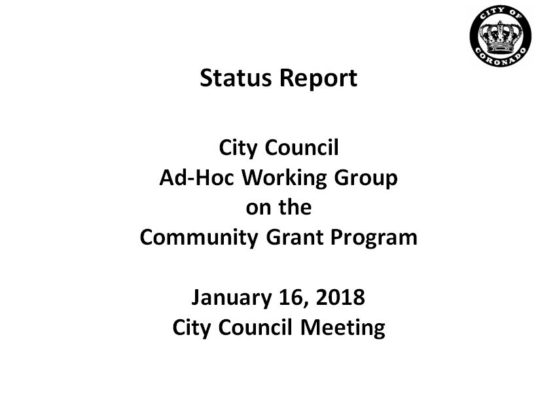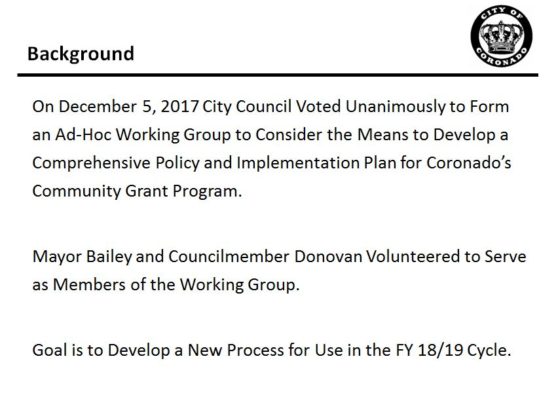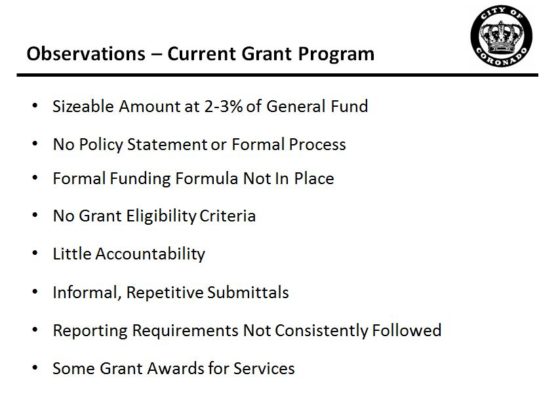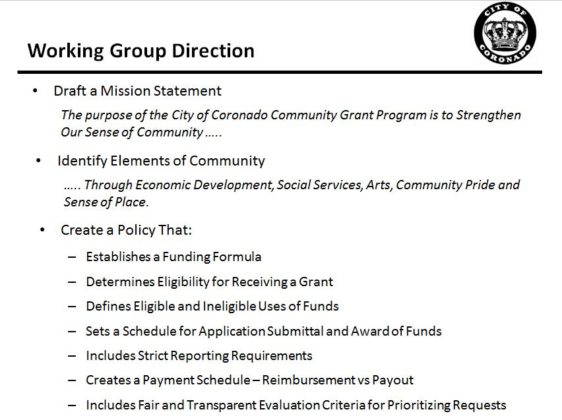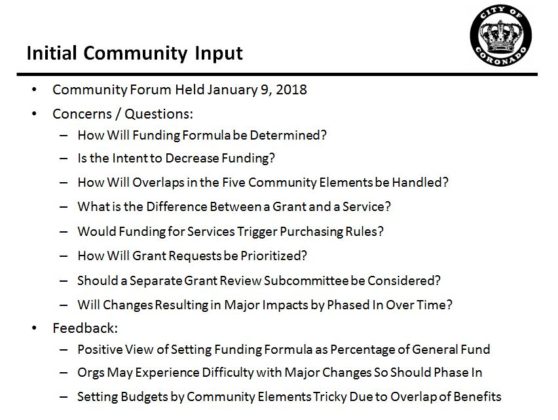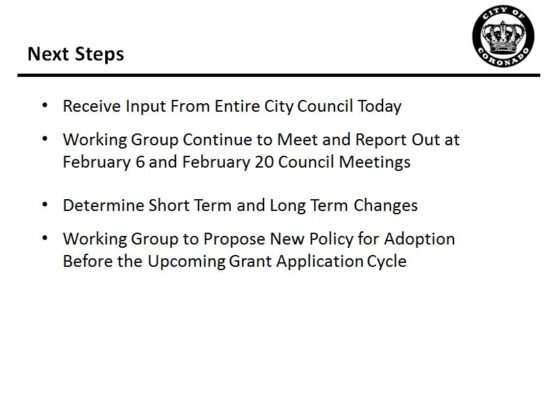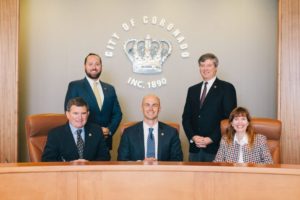
The City Council voted 4-1 to amend its Accessory Dwelling Unit (ADU) ordinance. The ordinance now requires landlords to rent the main house or the ADU for a minimum of six months. They cannot rent both simultaneously. These requirements must be recorded on the deed.
The long lease and the prohibition against renting both properties at the same time is an attempt to keep ADUs from becoming seasonal or short-term rentals and actually generate more rental stock. This Councilwoman Carrie Downey believes will lower rents. “Rents have gotten insane for the last seven years because there is nothing to rent,” she said.
The council kept the minimum size at 800 square feet. The staff had recommend reducing it to 500 square feet. Councilman Mike Donovan wanted to reduce it to 450 to lessen density. “The three biggest problems we have in the city are density, traffic, and parking. This affects them all,” he said. Others wanted to allow up to 800 feet, to make ADUs family friendly, especially for a young couple with one or two children. This would “allow a young family to make Coronado their home,” Councilman Bill Sandke said. The loss of young families has “ripped the fabric of our community,” he added.
He pointed to school enrollment as an example of this breach in community cohesiveness. “More and more of the students attending Coronado schools come from outside the community,” he pointed out. “Years ago we were turning down inter district transfers, now we a begging for them.” School funding is based on the number of students attending. When the student population drops, so do state funds.
Donovan reiterated that ADUs were not the solution. “Density is going up. You are not going to have young families moving in. Rents are going to be what the market will bear.”
Even 800 square feet proved too small for the owners of a house at 160 D Avenue. They submitted plans for a two-story ADU that not only exceeded the size limits imposed by the ADU ordinance, they didn’t comply with current height and setback standards.
The owners claimed that because the project was submitted before the city had an ordinance it was governed by the state ADU statute not the city’s ordinance. The planning commission rejected their argument as did the majority of city council. The vote was 3-1. Downey recused herself. As an attorney, Downey had represented one of the owners in the past year. Benzian voted to approve the project. “I was going back and forth. It was a hard call,” he said in an e-mail following the meeting. “The two key factors for me were that [the house] did seem to fit into the neighborhood. There was already an adjunct building next to them and Senate Bill 831 is likely to pass,” he said.
Senate Bill 831 would take away the right of local jurisdictions to place restrictions on ADUs. Instead it would “authorize the [Department of Housing and Community Development] to adopt guidelines to implement uniform standards.” It would also prohibit local jurisdictions from accessing “impact fees, connection fees, capacity changes or any other fees leveled by those entities [utilities].”
Golf Course Restaurant Concessionaire. Before selecting a new management team for the restaurant at Coronado’s Municipal Golf Course, the council voted unanimously to take a second look at the three finalists – Brian Smock Dining, The Cohn Restaurant Group and Feast & Fairway.
Smock, who operates the golf pro shop, had been chosen over the other two finalists by a committee that included former Mayor Casey Tanaka and representatives from the men’s and women’s golf clubs.
The council was only asked to allow the city manager to negotiate a contract with Smock. Instead Mayor Richard Bailey suggested that the council “take a deeper dive” and reevaluate the three finalists. “The facility can be a jewel of our community, it has not lived up to our city’s or our community’s expectations,” Bailey said.
The council tapped Benzian and Donovan to review the applications and recommend a team that could take the golf course restaurant to the next level. The current concessionaire’s contact ends on August 31.
Community Grants: Donovan reported on efforts to revise the way community grants are awarded. The council had asked him and Bailey to review the current system and come back to the council with recommendations on how it could be improved. Thus far they have identified deficiencies in the current program and drafted remedies for them. The list includes eligibility and reporting requirements and setting criteria to evaluate requests for funding. Bailey and Donovan also drafted a mission statement: “The purpose of the City of Coronado Community Grant Program is to strengthen our sense of community through economic development, social services, arts, community pride and sense of place.”
The councilmen will give additional progress reports at the February 6 and February 20 council meetings. In the meantime, they are actively seeking input from the community and other council members. Plans are to implement the new policy and procedures for FY2018-2019 city budget.
Padres Pedal the Cause: The council voted to approve a charity ride over the San Diego Coronado Bridge for November 18, 2017. Money raised goes to support local cancer research organizations. In exchange for using the bridge, the San Diego Padres will pay all security costs and will hold coach and player clinics for Coronado Little League.




